Nutrition in Recovery
Nourishing the Mind and Body: The Role of Nutrition in Mental Health Treatment
How Nutrition in Mental Health Treatment Supports Healing
Recovery isn’t just about breaking free from or managing mental health symptoms—it’s about rebuilding a foundation for lasting wellness. Many women enter treatment with poor nutritional habits, often the result of prolonged challenges, stress, or neglect. At The Wave of Clearwater, we understand that what you put into your body directly affects your energy levels, mental clarity, and emotional stability. That’s why nutrition plays a central role in our approach to healing.
Mental health disorders take a toll on the body. Nutrient deficiencies can lead to fatigue, mood swings, digestive issues, and weakened immune function. Without proper nourishment, the body struggles to recover, making the journey toward stability even more challenging. By focusing on balanced, intentional nutrition, women can begin to repair the physical damage caused by years of stress and substance use while also improving their mental and emotional health.
Food is more than just fuel—it’s a form of self-care. Learning how to make healthy choices, plan meals, and develop a positive relationship with food sets the stage for long-term wellness. At The Wave of Clearwater, we provide nutrition in mental health treatment and guidance that helps women restore their bodies, regain energy, and feel strong in their recovery.


A safe space for women to heal, grow, and thrive.
The Connection Between Nutrition and Mental Health
Food has a direct impact on brain function, influencing mood, cognitive abilities, and emotional regulation. When the body lacks proper nutrients, neurotransmitters—chemical messengers that affect mood—become imbalanced. This can lead to increased feelings of depression, anxiety, and irritability.
For women recovering from trauma, addiction, or mental health disorders, stabilizing blood sugar and consuming nutrient-dense foods can make a significant difference in emotional well-being. Diets high in processed foods, sugar, and unhealthy fats contribute to inflammation, which has been linked to depression and other mood disorders. In contrast, a diet rich in whole foods—lean proteins, healthy fats, and complex carbohydrates—helps regulate brain chemistry and promotes a more balanced emotional state.
At The Wave of Clearwater, we emphasize nutrition in mental health treatment as a priority. By teaching women how to nourish their bodies with whole, healing foods, we help create a foundation for emotional stability and resilience.
A Balanced Approach to Eating in Recovery
Healing through nutrition isn’t about restrictive diets or unrealistic expectations—it’s about creating sustainable, healthy eating habits. Many women in recovery struggle with disordered eating patterns, whether it’s undereating, emotional eating, or reliance on highly processed foods. Our approach to nutrition focuses on balance, education, and mindful eating.
Rather than promoting fad diets or strict meal plans, we encourage a flexible and individualized approach. Women learn how to listen to their bodies, identify hunger and fullness cues, and make choices that support their overall well-being. This helps reduce the stress and anxiety that often accompany food choices, creating a healthier relationship with eating.
At The Wave of Clearwater, women receive guidance on:
Meal planning and grocery shopping for nutritious foods
Understanding the role of macronutrients (proteins, fats, and carbohydrates) in recovery
Recognizing emotional triggers for unhealthy eating habits
Developing a balanced and enjoyable approach to meals
How Nutrition Supports Physical Healing
The body goes through significant changes in early recovery. As women begin to heal, they may experience fluctuations in appetite, digestion, and energy levels. Proper nutrition helps stabilize these shifts, making the recovery process smoother.
Proteins play a crucial role in repairing tissues and supporting brain function. Lean sources such as chicken, fish, eggs, and plant-based proteins help rebuild the body’s strength. Healthy fats, like those found in avocados, nuts, and olive oil, support cognitive function and hormone regulation. Complex carbohydrates, such as whole grains, vegetables, and legumes, provide sustained energy and stabilize blood sugar levels.
Hydration is another essential factor in recovery. Many women enter treatment dehydrated due to substance use or poor dietary habits. Drinking enough water supports digestion, circulation, and overall cellular function.
By focusing on whole, nutrient-dense foods, women can accelerate their healing and feel stronger as they progress through treatment.
Learning How to Maintain Healthy Eating Habits
Recovery is about developing new habits that support long-term well-being. Understanding how to make healthy food choices, prepare meals, and maintain a balanced diet is an essential life skill. At The Wave of Clearwater, we provide hands-on experiences that help women feel confident in the kitchen.
Cooking workshops, nutrition education classes, and guided meal planning sessions help women apply their knowledge in real-life situations. These skills empower them to maintain their progress once they transition out of treatment.
By focusing on sustainable, practical approaches to nutrition, we help women build a lifestyle that supports both physical and mental health.
Strengthening the Mind and Body Through Food
True healing goes beyond therapy sessions and support groups—it extends into every choice made throughout the day, including what we eat. At The Wave of Clearwater, we believe that proper nutrition is a powerful tool for recovery. By nourishing the body with whole, healing foods, women can enhance their emotional well-being, restore their physical health, and build the resilience needed for a strong future.
If you or a loved one is ready to take the next step in recovery, we are here to help. Contact us today to learn more about our comprehensive approach to healing and how nutrition plays a vital role in long-term wellness.
